Program customization
Customize your course with 3 different types of teaching units: Non-Core, Transversal and In-Lab.
Frequently asked questions
How to register for Non-Core and Transversal teaching units?
On September 9, you will receive a questionnaire to choose your Non-Core and Cross-Core units. Please reply as soon as possible to secure your place.
Note: TU Non-Core areintroductory units. You can choose from all the units offered by the other tracks, except your own.
Transversal TU can be selected regardless of the pathway to which you belong.
How many Non-Core and Transversal teaching units should I choose?
Find out more here
Registration deadline: September 19
TU
NON-CORE
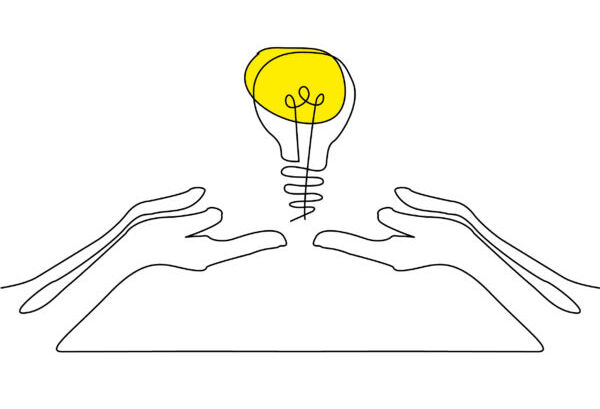
Introduction to a new discipline, enabling the development of an interdisciplinary spirit
_______
No prior knowledge or skills are required, but commitment and active participation are expected.
NOTE:
All non-core teaching units represent a workload of between 12 and 16 hours.
You can find the dates communicated in the descriptions.
Additional dates may be communicated by teachers at a later date.
Additional dates can be agreed between registrants and the teachers responsible for each TU to limit scheduling conflicts.
Please consult the Moodle areas of the various non-core areas for detailed information.
Follow theIDIL AGENDA for any changes to teaching unit dates.

Mediterranean Ecosystems
Details
| Description | The aim of this EU is to discover Mediterranean terrestrial environments, their diversity, dynamics and history. During field trips, students will study a wide range of ecosystems, from the coast to the Camargue. Important dates: First Class: Date of field trip: Final debate : |
| Number of hours | 13h |
| Evaluation | Initial presentation, written report and debate |
| Managers | Emanuel Fronhofer |

CHALLENGES IN CHEMISTRY FOR HEALTH & ENVIRONMENT
Details
| Description | The aim of this TU is to understand the links between drugs and society from an economic, regulatory, environmental and societal point of view. General vision of the place of drugs in society: pharmacoeconomics, drugs as a social object, links between drugs and public health, regulatory aspects and the global healthcare system, environmental issues. Important dates : |
| Number of hours | 16h |
| Evaluation | Essay (document commentary) |
| Manager | Virginie Rage-Andrieu |
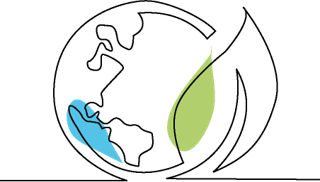
Scientific openness to earth and water issues under global change
Details
| Description | Climate change concerns us all! It is the biggest public crisis affecting our environment, our safety, our food, our health... In this course, you will study the consequences of human activities on climate change, identifying some potential future effects. It aims to encourage you to come up with action plans and co-construct a visual aid to help raise public awareness. Important dates: First Class: October 25 The rest of the dates will be set in consensus with the teacher Visit the Moodle page before the first class Moodle: https://moodle.umontpellier.fr/course/view.php?id=28308 |
| Learning objectives | 1. Identify specific problems linked to climate change and the consequences of human activity (Knowledge) 2. Summarize and classify the various consequences of human activity (Understanding) 3. Propose documented solutions based not only on previous knowledge, but also on conferences (apply) 4. Evaluate possible solutions on the basis of scientific legislation, taking into account social and economic considerations (analyze) 5. Compare with other problems and solutions proposed and criticized (evaluate) |
| Number of hours | 15h |
| Evaluation | Group multimedia production for presentation |
| Manager | Linda Luquot |
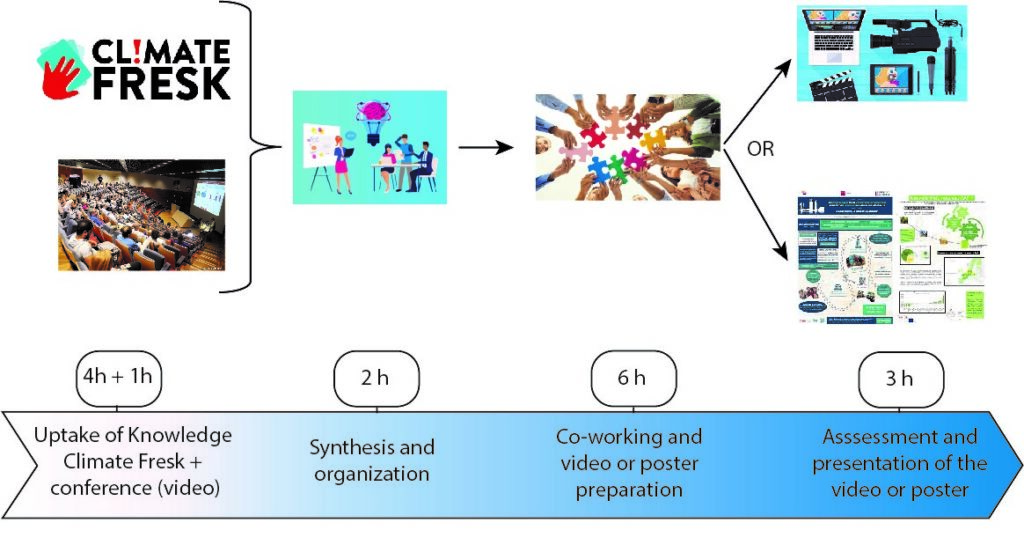

WHY DEMOCRACY IS HARD
Details
| Description | We talk about democracy all the time, usually in the negative, criticizing an idea, regime or action of our own government as "undemocratic" or even "anti-democratic". But what do we really mean by this? In this course, we'll take a closer look at the fundamental elements we generally ascribe to the ideal of democracy: sovereignty, freedom, equality and participation. We will trace the origins of these concepts in the Western political tradition and examine the extent to which they are complementary or, in some cases, contradictory. We will consider how these principles can be put into practice. Finally, we will also look at alternative ideals and regimes, and seek to understand the fundamental reasons why they differ from democratic regimes. First session: In Batiment 3 of the Fac de Droit et Science Politique Room 3.1.12 Workshop 1 on date: Workshop 2 on date: Visit the Moodle page before the first class Moodle: https://moodle.umontpellier.fr/course/view.php?id=28319 |
| Learning objectives | 1. Compare and contrast different definitions of democracy and better understand why these differences persist. 2.Better understand the theoretical and philosophical underpinnings of different forms of government, including non-democratic forms. 3.Develop a critical and reflective view of the individual good and the common good. 4. Appreciate the usefulness and importance of thinking about politics and political regimes in terms of competing utopias. 5. More generally and importantly, participation in this course will help you to better define and defend your own political opinions, whatever they may be, as well as to better understand and appreciate the opinions and arguments of others. |
| Number of hours | 15h |
| Evaluation | Participation in two discussion workshops and written report |
| Managers | Marc Smyrl |
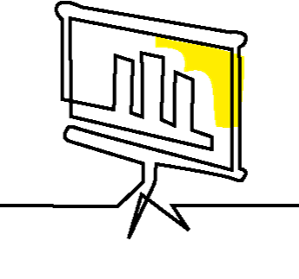
DEFUSING QUANTITATIVE BULLSHIT
Details
| Description | The goal of this course is to help students navigate the bullshit-rich modern environment by identifying bullshit, seeing it and combating it through effective analysis and argumentation. Bullshit involves language, statistical figures, data graphs and other forms of presentation designed to persuade by impressing and subjugating a reader or listener, with blatant disregard for truth and logical consistency. Calling bullshit is a performative expression in which something objectionable is publicly rejected. Important dates: First Class: The rest of the dates will be set in consensus with the teachers Visit the Moodle page before the first class Moodle: https://moodle.umontpellier.fr/course/view.php?id=28315 |
| Learning objectives | 1. Navigate the bullshit-rich modern environment. 2. Identify quantitative bullshit on figures or graphs and explain why they aredubious 3.Combat bullshit with effective analysis and argumentation. |
| Number of hours | 15h |
| Evaluation | Poster (oral and written) |
| Managers | Benoîte De Saporta Nils Ole Walliser |
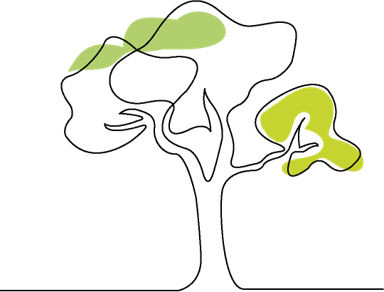
PLANT HEALTH 2.0: A GLOBAL WAR
Details
| Description | Plants face health problems because they don't have the same immune system as humans. Pathogens, invisible micro-organisms, infect plants, causing wilting, deformation, etc. How do plants cope with their diseases? Plants have developed genetic resistance to combat pathogens, but pathogens are also evolving to circumvent these defenses, leading to an arms race between plants and their invisible enemies. The plant microbiome, made up of beneficial micro-organisms, helps plants by boosting their immunity and facilitating nutrient absorption. A delicate balance between pathogens and the microbiome determines plant health. Climate change, excessive pesticide use and soil depletion are disrupting this balance. It is essential to promote sustainable agricultural practices to enhance plant resistance to disease and preserve biodiversity, while protecting crops, the environment and the food supply. In conclusion, plant health is a fascinating subject involving complex interactions between invisible pathogens and beneficial microbiomes. Understanding these mechanisms can effectively address the challenges posed by plant diseases Important dates: First Class: Moodle: https://moodle.umontpellier.fr/course/view.php?id=28321 |
| Learning objectives | 1. Understand the challenges of plant health in today's agriculture and the basics of microbiology, including plant pathogens and beneficial microorganisms. 2. Get a first impression of laboratory work through a tour of the lab and simple experiments 3. Apply knowledge acquired in class during experiments 4. Synthesize the knowledge acquired in a poster and written report. |
| Number of hours | 16h |
| Evaluation | 2 reports and a poster |
| Managers | Nicolas Busset |

INNOVATIONS FOR PERSONALIZED MEDICINE
Details
| Description | Biomarkers are becoming increasingly important in medicine, particularly in the field of personalized medicine (prognostics, diagnostics, companion tests). In recent years, medical technologies have become increasingly sophisticated and will therefore radically shape the future of medicine. During this course, you will gain a new insight into biomarkers and biotechnological innovations, with a vision of the possible future of personalized medicine, with the aim of helping you develop applied critical thinking in this field. Important Dates: First Class: Visit to the IRMB Visit the Moodle page before the first class Moodle: https://moodle.umontpellier.fr/course/view.php?id=28317 |
| Learning objectives | 1. Acquire new knowledge about personalized medicine and its future challenges 2. Research valuable scientific information on biotechnology innovations 3. Develop critical thinking skills based on further research into biomakers 4. Organize ideas and speak out |
| Number of hours | 14h |
| Evaluation | Continuous assessment: Debates |
| Managers | Constance Delaby |
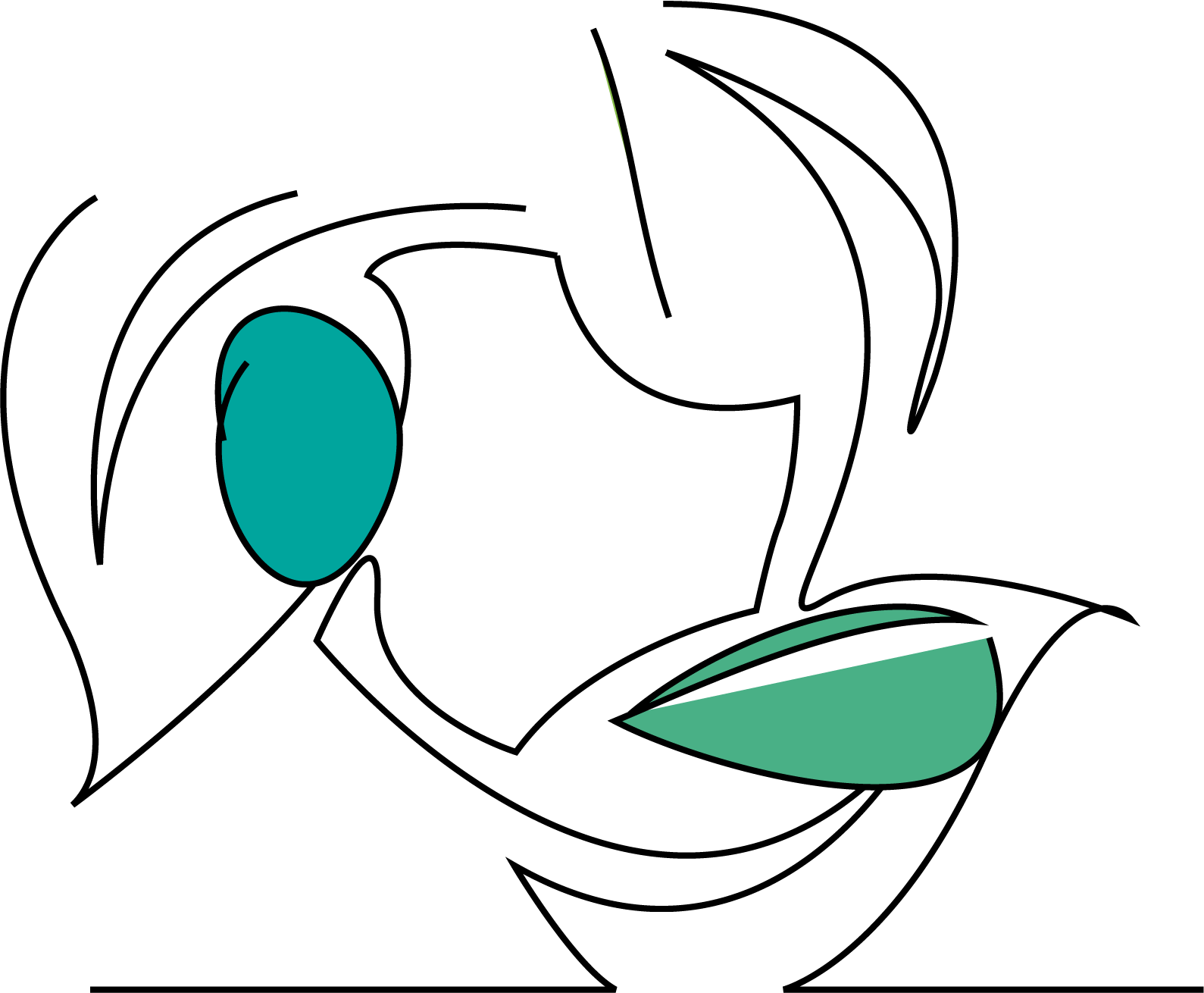
ONE HEALTH & ECO-EPIDEMIOLOGY
Details
| Description | The Covid 19 pandemic put the One Health concept, advocated by a number of international institutions and researchers for several years, back on the agenda of public opinion and political decision-makers. Following this brutal reminder of a contemporary health reality, the term has since become fashionable in the media. Research projects benefit from considerable funding, and national and international initiatives such as PREZODE are numerous. But what does the One Health concept really mean? What is really at stake? How can it be put into practice? Who can claim to be involved in this approach? What are the scientific and societal added values, as well as the weaknesses and shortcomings, that lie behind this label, which is promoted by numerous projects? What are the links with another contemporary concept: eco-epidemiology? Important dates: First Class: Visit the Moodle page before the first class Moodle: https://moodle.umontpellier.fr/course/view.php?id=29123 |
| Learning objectives | 1.Define the One Health concept and the science of eco-epidemiology 2.Identify the strengths and limitations of the concept 3. Identify the place of their own discipline in this challenge |
| Number of hours | 16h |
| Evaluation | Continuous assessment: quiz, summary, role-playing game |
| Managers | Catherine Moulia Laurent Gavotte |
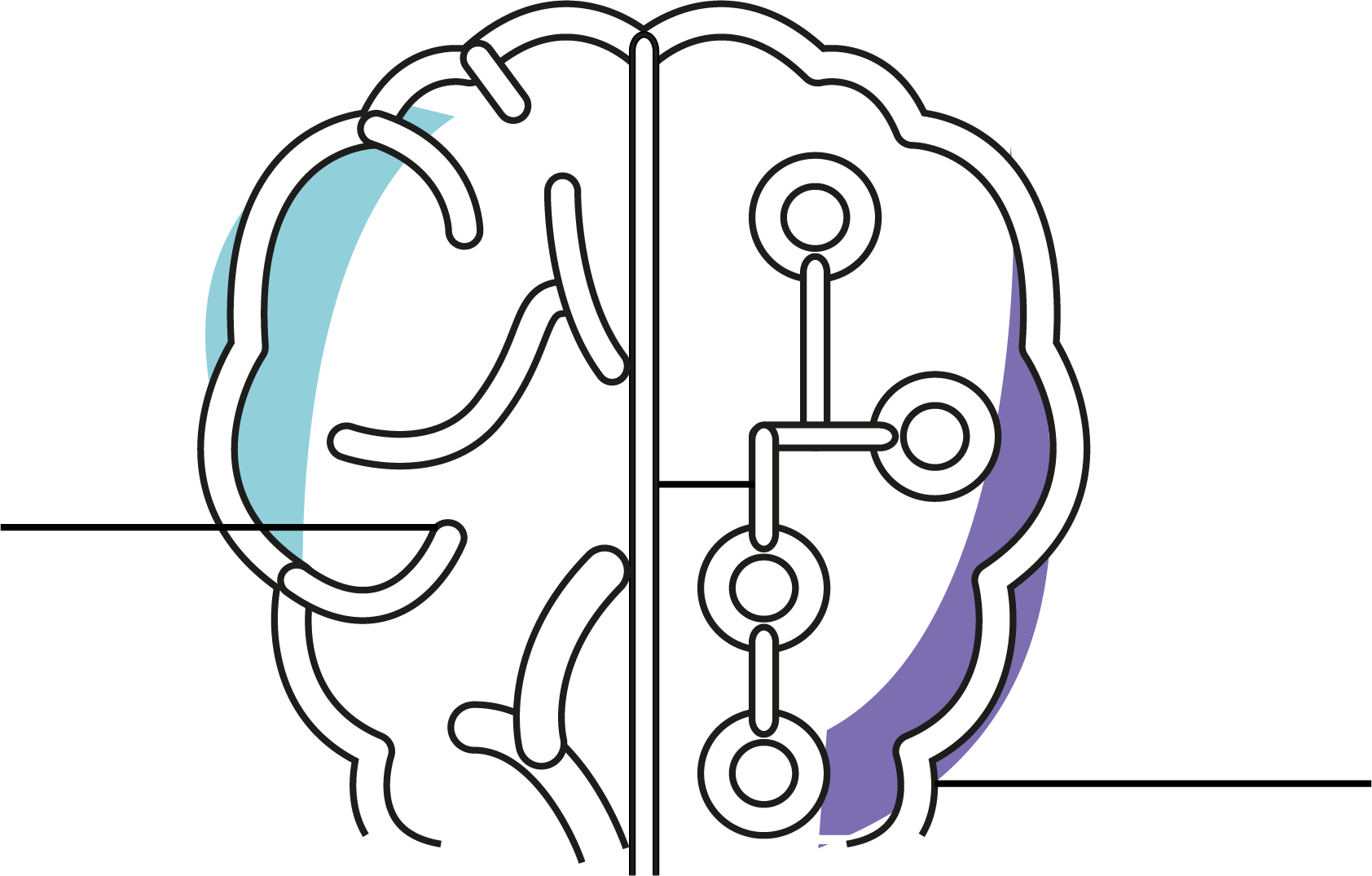
THE BIONIC MAN
Details
| Description | Bionic man is equipped with sensors of all kinds. After a short presentation on electronic and photonic sensors applied to health and the environment, you will be asked to explore, through personal work, where these sensors come into play in your field of expertise. Fundamental experiments may be carried out to highlight, in a pedagogical way, the limits or advantages of these sensors in your field of excellence. Your study will be presented and evaluated by a jury made up of teachers and students. Important dates: First class: Other dates to be agreed with teachers Moodle: https://moodle.umontpellier.fr/course/view.php?id=29121 |
| Learning objectives | 1.Define and classify electronic and photonic technologies 2.Identify the potential of electronic and photonic technologies in your field 3.Sketch out research projects that would benefit from electronic and photonic technologies 4.Create a poster to debate the use of electronic and photonic technologies in your field. |
| Number of hours | 16h |
| Evaluation | Poster and Discussions |
| Managers | Stéphane Blin Brice Sorli |

BASIC PRINCIPLES OF SUSTAINABLE MANAGEMENT
Details
| Description | The aim of this TU is to introduce non-specialists to the major managerial challenges of sustainable development. Taking sustainable development issues into account in companies calls into question both their definition of performance and their practices. Taking sustainability into account is often perceived by companies as a source of major challenges. How can we reconcile the expectations of stakeholders as diverse as employees, customers, suppliers, shareholders, the State and local authorities? How can we reconcile the economic, social and environmental dimensions that make up the three pillars of sustainable development? Important dates: First session: Ch1 : Performance and Reporting Ch2 : Strategic vs operational challenges Ch3 : Environmental challenges Ch4 : Organizational management and social issues Final debate: Visit the Moodle page before the first class Moodle : https://moodle.umontpellier.fr/course/view.php?id=29759 |
| Learning objectives | 1.Define sustainable development from a corporate perspective 2.Identify the main challenges posed by sustainable development to companies 3.Compare the sustainable practices of companies 4.Understand what a company's performance is 5.Differentiate between economic performance and overall performance 6.Distinguish between strategic and operational challenges in sustainable development 7.Know the main environmental challenges facing companies 8.Know the main social challenges facing companies 9.Defend your point of view on sustainable development in a public debate |
| Number of hours | 15h |
| Evaluation | Participation in the "inverted classroom" workshop and final discussion |
| Managers | Jean-Marie Courrent Géraldine Giordano |
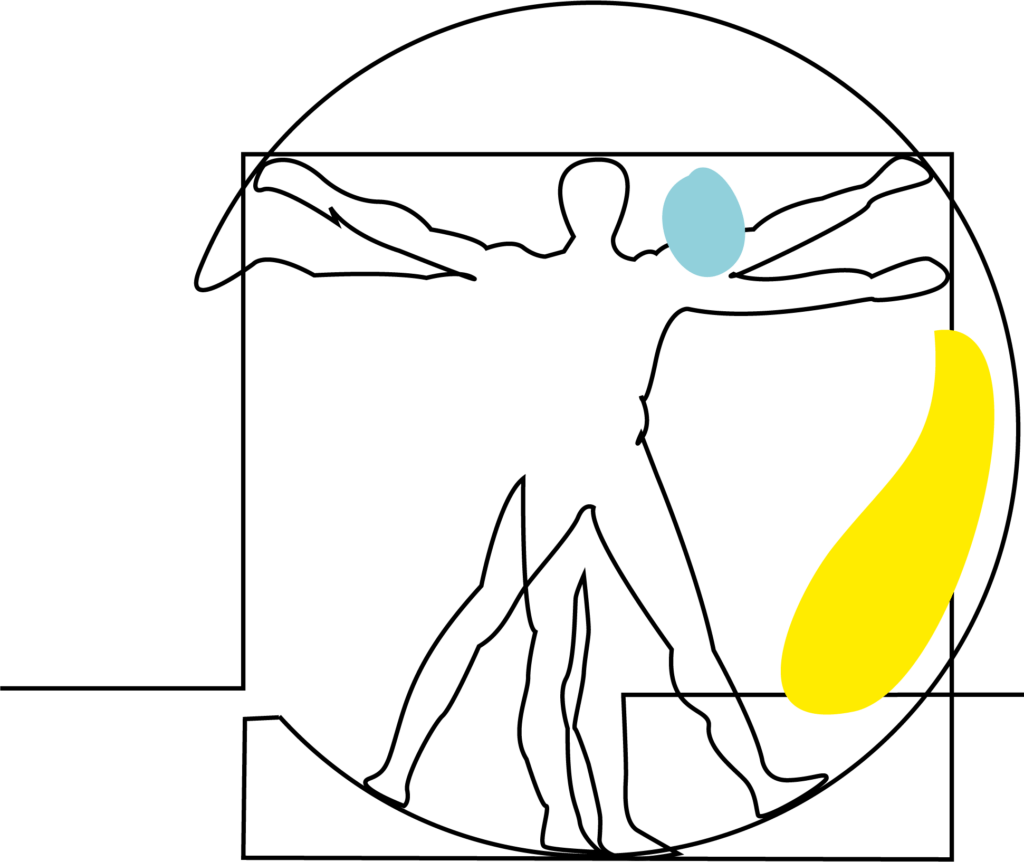
IN-MOTION: How the way we move reveals who we are
Details
| Description | What makes us move the way we do, and what does this movement reveal about our identity? At the heart of movement neuroscience, psychology and embodied cognition lies a fundamental question: How does movement express the inner workings of the self - our health, emotions, intentions and identity? This non-fundamental unit investigates how our unique signature of movement, shaped by evolution and experience, offers deep insight into our physical and social personality. Drawing on interdisciplinary perspectives from movement and cognitive sciences - both in humans and in interactions with artificial agents - we explore how movement encodes personality, expertise, culture, well-being and social dispositions. The main aim of the course is to equip participants with the conceptual and experimental tools to recognize, decode and interpret movement as a dynamic signature of human identity - transforming everyday actions into a window on who we are. |
| Learning objectives | You will develop a critical understanding of the role of movement in the expression of human identity. With no prerequisites, you'll explore the foundations of neuroscience, cognitive science and movement studies. Through concrete examples, you'll learn to observe and analyze movement in relation to personality, emotions, health and culture. You will integrate these perspectives into interdisciplinary projects and develop sensitivity to cultural differences in bodily expression. 1. Describe and explain how movement reflects individual and categorical traits using fundamental concepts from movement science and embodied cognition. 2Observe and analyze human movement in real and digital contexts to identify patterns indicative of identity, intention and interpersonal dynamics. 3. Integrate a bodily perspective into interdisciplinary projects, taking into account embodied human behavior. 4. Compare and reflect on cultural and contextual differences that influence the expression and interpretation of movement, developing intercultural sensitivity and critical self-awareness. |
| Volume hourly | 16h |
| Evaluation | Poster (oral and written) |
| Manager | Benoit Bardy |

Biology by the numbers: Measure, Predict, and Design
Details
| Description | New "quantitative" approaches are needed in modern biology, with the shift in perspective from a primarily descriptive field to something else. The aim of this course is to provide tools and a mindset for answering the questions of "modern" biology, arising from recent technological advances and new-generation (large-scale or high-resolution) data. These tools are by no means monodisciplinary and involve integrating expertise from many different fields. We provide concrete, tangible examples of everyday situations that include cutting-edge experimental techniques and theoretical approaches to rationalize them. |
| Learning objectives | 1. Critique and evaluate the results of different measurement strategies. 2. Recognize the role of assumptions in data analysis and modeling. 3. Appreciate the role of predictive modeling in designing new systems. |
| Volume hourly | 16h |
| Evaluation | Mini written project, attendance, and oral presentation |
| Manager | Cherine Bechara Luca Ciandrini |

The Chemistry of Beer, Wine, and Culinary Arts
Details
| Description | Have you ever wondered how the perfect glass of wine or craft beer can enhance your dinner party? Or how to impress your guests with a dish that tastes as amazing as it looks? Join us to discover the secrets of brewing, winemaking and cooking chemistry. Learn about the chemical reactions and molecules responsible for creating unforgettable flavors, and discover how the molecular magic behind fermentation and food preparation can make you the star of your next dinner party. Important dates: First Class: The rest of the dates will be set in consensus with the teachers Visit the Moodle page before the first class Moodle: https://moodle.umontpellier.fr/course/view.php?id=40174 |
| Learning objectives | 1. Explain (in simple, understandable terms) how chemical processes (such as fermentation or cooking) create flavors in beer, wine and food 2. Relate facts about how chemistry is used in everyday foods/drinks and explain some common cooking mistakes (such as flat beer or bland sauces) 3. Compare flavors and aromas through guided tastings to identify how ingredient chemistry can transform foods. 4. Design your own little experiments (e.g., modifying a recipe) based on your observations. |
| Volume hourly | 16h |
| Evaluation | Presentation, attendance and written report |
| Manager | Tahmer Sharkawi |
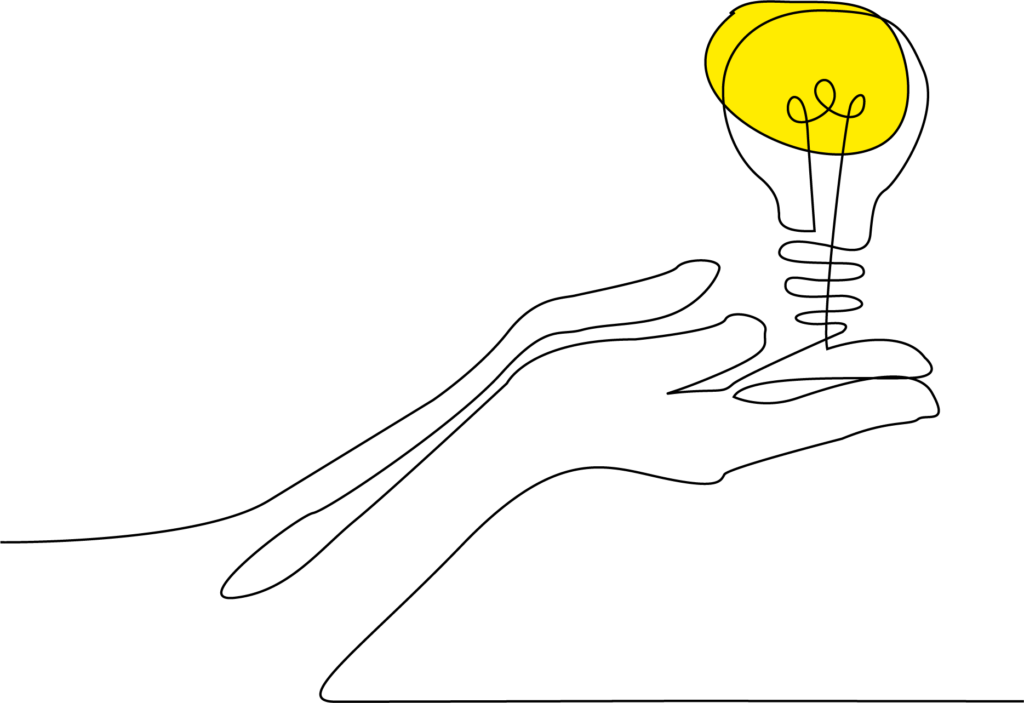
Explore, understand, and learn: an outdoor journey in Sustainability
Details
| Description | |
| Learning objectives | |
| Volume hourly | |
| Evaluation | |
| Manager |

Who's afraid of AI?
Details
| Description | |
| Learning objectives | |
| Volume hourly | |
| Evaluation | |
| Manager |
LES TU
IN-LAB

Immersive experiences in laboratories attached to the University of Montpellier
CHEMISTRY FOR HEALTHCARE, PROTECTION & NUTRITION APPLICATIONS
| Labo- ratory | Title | Organizer |
| IBMM | Fast Organic Synthesis | Cindy Patinote |
| IBMM | Design, synthesis and Characterization of Bioactive Peptides | Gilles Subra |
| ICGM | Real-time analysis of reactions in Mechanoche Mistry | Cesar Leroy |
| IBMM | Taylor Dispersion Analyss for Sizing Molecular Entities | Hervé Cottet |
| IBMM | Frontal Analysis Capillary Electrophoresis to study Molecular Interactions | Hervé Cottet |
| IBMM | Sustainable synthesis of a potent dipeptide by solvent-less mechanochemistry | Frédéric Lamaty |
| ICGM | Isotopic labeling for high-resolution NMR of biomolecules and biomaterials | Danielle Laurencin |
| IEM | Synthesis and characterization of selected inorganic/hybrid materials | Martin Drobek Florence Rouessac |
COMPARATIVE POLITICS & PUBLIC POLICY
| Labo- ratory | Title | Organizer |
| CEPEL | Cartography initiation | Stéphane Coursière |
EARTH AND WATER UNDER GLOBAL CHANGE
| Labo- ratory | Title | Organizer |
| GM | Hydromorph lab : combining model and physical experimentation to challenge scientific questions and R&D in littoral hydro-morpĥodynamics | Fred Bouchette |
| GM | Groundwater flow characterization from borehole hydrogeophysical logging and hydraulic tests | Gérard Lods |
| GM | Geophysical methods (field experiment, inversion) | Stéphanie Gauthier |
| GM | Electrical resistivity modeling and inversion in heterogeneous systems | Cédric Champollion |
| GM | Flow and transport modeling from laboratory to field scale in heterogeneous systems | Delphine Roubinet |
Photonic & electronic sensors for environment and health
- Gas sensors based on IR spectroscopy
- Fourier-transform-based spectroscopy
- Numerical methods to simulate semiconductor heterostructures
- Infrared detectors for environmental spectroscopy applications and medical thermal imaging
- Introduction to epitaxy: Fabrication of laser in a clean room
- Advanced optical characterisations (Beam, streak-camera, Wavefront, etc.)
- Continuous-Wave THz instrumentation
- Optical fibers and optical components (Principles, Manipulation, cleave, splicing, characterisation)
- Instrumentation & microwave metrology, RFID and Sensor RFID (Design, fabrication, characterization)
PLANTS AND MICROBIOLOGICAL SCIENCES FOR AGRO-ENVIRONMENT
| Labo- ratory | Title | Organizer |
| IPSiM | Introduction to the functional analysis of ion channels using the patch-clamp technique on plant cell membranes | Claire Corratgé-Faillie, Alexis de Angeli, Anne-Aliénor Véry |
| IPSiM | Local ion concentration and flux measurements at the surface of plant roots using ion-selective microelectrodes | Martin Boeglin, Claire Corratgé-Faillie, Anne-Aliénor Véry |
| IPSiM | Multi-scale imaging methods for plant abiotic stress analysis | Carine Alcon, Tou-Cheu Xiong, Alexandre Martinière, Laurence Marquès |
| IPSiM | Exploration of gene and genome expression in plants - computational session * | Antoine Martin, Sandra Cortijo |
| IPSiM | Exploration of gene and genome expression in plants - experimental session * | Antoine Martin, Sandra Cortijo |
| LEPSE | Rapid response of photosynthesis to water stress: stomatal origin or consequence of growth arrest? | Myriam Dauzat, Romain Boulord, Thierry Simonneau |
| LEPSE | Estimation of majour growth and development functions on high-throughput phenotyping plateforms | Stéphane Berthézène, Benoît Suard, Bertrand Muller, Llorenç Cabrera-Bosquet |
| LEPSE | Plant modeling: from 3D models to yield prediction on a European scale in 2050 | Christian Fournier, Boris Parent |
| PHIM | Phylogeography of phytopathogenic agents | Stéphane Guindon, Denis Fargette |
| PHIM | Phenotyping in virology | Estelle Billard |
* these two two-day sessions are complementary and should be attended, starting with the calculation session.
Quantitative Ecology & Evolution
| Laboratory | Title | Organizer |
| CEFE | Bioinformatics and Databases | Anna-Sophie Fiston-Lavier |
| ISEM | Developing individual-based eco-evolutionary models | Jhelam Deshpande |
| ISEM | An introduction to laboratory experimentation in community ecology | Emanuel Fronhofer |
| ISEM | How to infer the structure of complex food webs? | Claire Jacquet |
| MARBEC | Swimming performance in fish larva challenged to an environmental stress | Catherine Lorin-Nebel |
| ISEM | Environmental DNA time series in Ecology and Evolution | Christelle Tougard |
RESEARCH & INNOVATION ENGINEER
- Metabarcoding and environmental genomics (2 days)
- Spectrometry (2 days)
- High Performance Computing (1 day)
SCIENCES FOR HUMAN HEALTH
Discovery of technological innovations for personalized diagnosis: mass spectrometry and ultra-sensitive multiplexed immunoassays
The clinical proteomics platform aims to exploit the latest technological developments in mass spectrometry and immunoassays for the discovery, validation and use of biomarkers in various human pathologies (neurodegenerative diseases, cancers...).
Objectives:
- Overview of the different technologies (MS and ELISA): advantages and disadvantages
- Development of an innovative clinical application: scientific procedure
- New plasma biomarkers for the diagnosis of Alzheimer's disease
TU
TRANS-VERSAL

Acquire knowledge and skills that can be applied in any professional environment
You will also find here the dates and venues of the various sessions.
See also our agenda for non-core, TTUs and Multidisciplinary Project timetables.